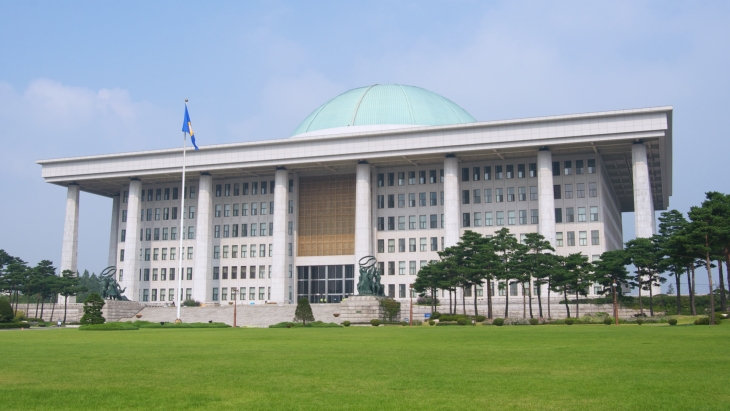
South Korea have ended their midnight gaming curfew law for gamers under 16; in order revise it to include other forms of entertainment.
The Youth Protection Revision Act was introduced in 2011; banning users under 16 from playing online games between midnight and 6:00 a.m (hence its nickname, the “Cinderella Law”). This was enforced via 13-digit resident registration number that all South Korean citizens have (containing gender and date of birth).
While already used to access certain websites; this was reportedly trumped by children using a parent’s number, using gaming websites that did not enforce the law, or connecting to foreign servers. The law was intended to curb gaming addiction, now known as gaming disorder.
Game companies who violated the law could have been fined up to ₩10 million KRW (est. $8,560 USD), or two years in prison. Some foreign games changed their age-ratings so children could not play.
Engadget reports this included Minecraft becoming an R-rated game in South Korea, and PlayStation Network and Xbox Live restricting their service to adult. In 2014, parents were also able to ask for exception for their child.
Now, the Korea Herald reports the law is coming to an end. The decision was announced August 25th by the Ministry of Culture, Sports and Tourism, and the Ministry of Gender Equality and Family. Some factors included respect of the right of children to choose, and to encourage education at home; the latter likely brought about by the COVID-19 pandemic.
Instead the choice permit system from 2012 will be utilized; where young gamers or their parents can designate when they play games, and request a permit for each game. Though according to the Culture Ministry, those using the choice system across 40 games (from seven companies) ranged from 28% to just 1%.
The Game Culture Foundation (working under the Culture Ministry) will now be the ones handling the application process. This will include children without parents having legal guardians, social workers, or teachers to request permits.
However, Korea Herald reports “The abolition of the shutdown law requires the revision of the Youth Protection Act,” and that the South Korean government are aiming to submit a revision bill to the Nation Assembly the end of 2021. However, the Korean Times reports “The government said actual abolishment will take some time because it requires amendment of the relevant laws.”
The South Korean ministries reportedly noted that the law needed revision as it did not include mobile games, and other late-night entertainment platforms for children had developed. This included one-person media, streaming media, web comics, and social media.
The education, culture, and family ministries stated in a joint press release (via the Korean Times) “game platforms have become diverse, with many children now playing mobile games which are not subject to the curfew, so the effectiveness of the system has decreased. Also children’s internet use is mainly for watching video clips or using social media rather than playing games.”
The government also aims to utilize gaming culture and media literacy outreach programs. This will also include educational reforms in 2022; including subjects on excessive gaming via a 10-minute video clip on guidelines to be used by parents, guardians, and teachers. The Gender Ministry will also work to identify young people who play excessively; to provide counselling and treatment.
Finally, the Korean Hereld notes that the government “will also expand rehabilitation camps, both online and residential.” Nonetheless, the South Korean government noted in its announcement that China is the only other nation that restricts when games can be played.
“In the changing media environment, the ability of children to decide for themselves and protect themselves has become more important than anything,” Deputy Prime Minister and Education Minister Yoo Eun-hae reportedly stated in a meeting with ministers.
“We will work with related ministries to systematically support media and game-use education at schools, homes and in society so that young people can develop these abilities, and continue to make efforts to create a sound gaming environment and various leisure activities for children.”
In case you missed it, you can find our Gaming Disorder editorial series here (1, 2, 3).
Image: Wikipedia